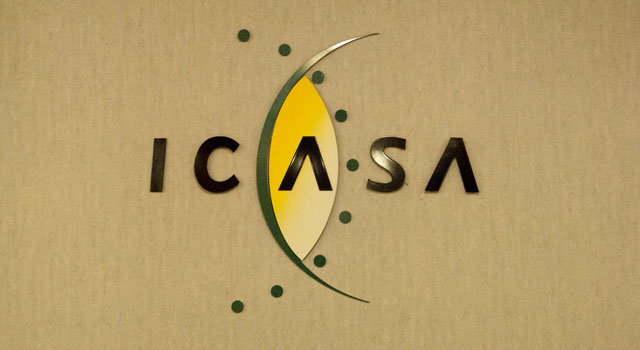
Almost five years after then communications minister Ivy Matsepe-Casaburri published South Africa’s first policy document on digital terrestrial television migration, the country’s broadcasting regulator will publish its final regulations.
Needless to say these regulations have been a long time coming.
The regulations will be published in the Government Gazette on Friday alongside the Independent Communications Authority of South Africa’s (Icasa’s) draft regulations for the Promotion of Diversity and Competition on digital terrestrial television (DTT) regulations, which will be out for 45 days for public comment.
The draft regulations on competition and diversity are in response to an amendment to the government’s DTT policy, which was published by current minister of communications Dina Pule earlier this year.
In the amendment, Pule called for the regulator to consider the need to introduce new pay-TV services in the short-term and new free-to-air services in the long-term, during the DTT migration process.
The DTT regulations are final.
According to a presentation given by Icasa councillor William Currie on Thursday, the spectrum allocation for DTT will involve two multiplexes. A multiplex is effectively a band of spectrum used to transmit numerous signals across it, as in a number of channels. Icasa expects each multiplex to carry in the region of 20 standard definition television channels.
Multiplex one has been allocated to public television, with 85% allocated to the SABC and 15% allocated to existing community television channels in the country. This means in theory, the SABC has the ability to role out 17 standard definition channels.
Multiplex two has been allocated to e.tv and M-Net, with an initial 50%-40% split, increasing to 55%-45% when current trials running on 10% of this spectrum come to an end.
This means in theory, e.tv could role out 11 standard definition channels and M-Net could role out nine standard definition channels.
Currie said that the regulations stipulate that if the broadcasters don’t use the extra capacity on their multiplexes, they will lose it after three years.
As broadcasters want to roll out extra channels, they have to apply to Icasa for approval.
Icasa is required via the regulations to make a decision within 60 days of receiving an application to authorise a new channel and if it denies the application, has to provide written reasons within 30 days of announcing the decision.
Asked on what grounds Icasa could decide not to authorise channels, Currie said regarding the SABC the assessment would take into account the broadcaster’s public service mandate and when it came to commercial channels, decisions would be taken in the public interest, where he used adult content as an example.
Currie did stress that public hearings would be held on controversial channel applications if required, but it seems clear that Icasa feels it has a right to play the role of moral adjudicator when it comes to what South Africans can and can’t watch.
This spectre already raised its head earlier this year when Icasa, under pressure from Cosatu, decided to deny TopTV the right to launch a 24-hour paid adult content channel — a decision the broadcaster argues cost it significantly in revenue.
The fact that TopTV has applied for business rescue in 2012 makes this decision even more pertinent, when MultiChoice has already sewn up almost all sports rights and premium content rights, the main drivers of pay-TV take-up.
Currie said that broadcasters had 18 months from approval to get the channel up and running or the approval would lapse.
Icasa has also proposed shifting the mobile DTT multiplex two to a third DTT multiplex for television. This would allow for spectrum allocations for new pay-TV and free-to-air broadcasters, as well as new community television channels.
Currie said a process for making this switch would begin next year with a public consultation.
Existing pay-TV licensees such as TopTV and WowTV will be following this process closely, as this would allow them to get into the terrestrial television market.
Currie said that the regulator currently has a number of applications for the launch of new pay-TV services before it and that next year the regulator will hold public hearings on these applications.The final regulations on digital terrestrial television migration will be published on Friday. — (c) 2012 Mail & Guardian
- Visit the Mail & Guardian Online, the smart news source

